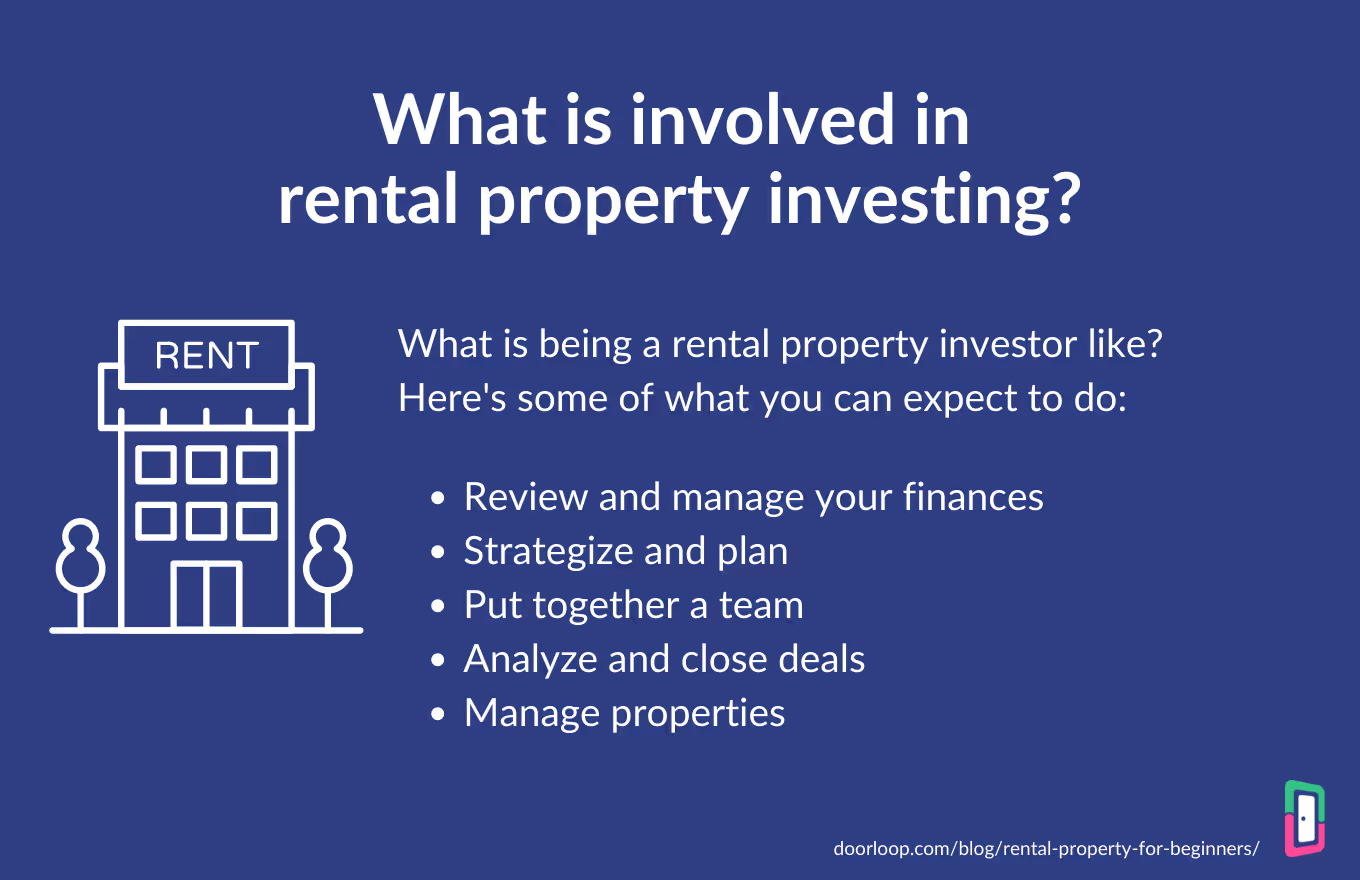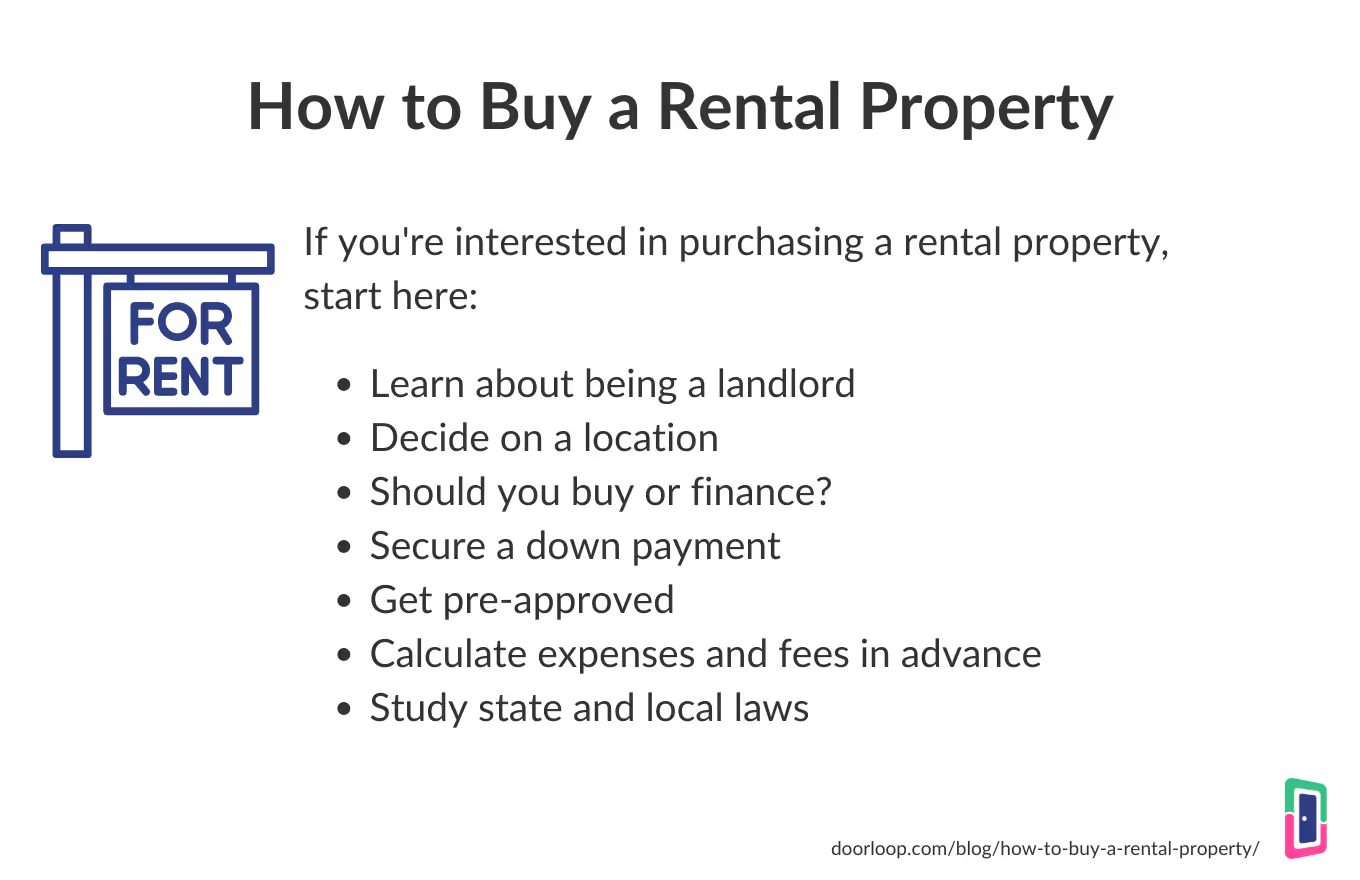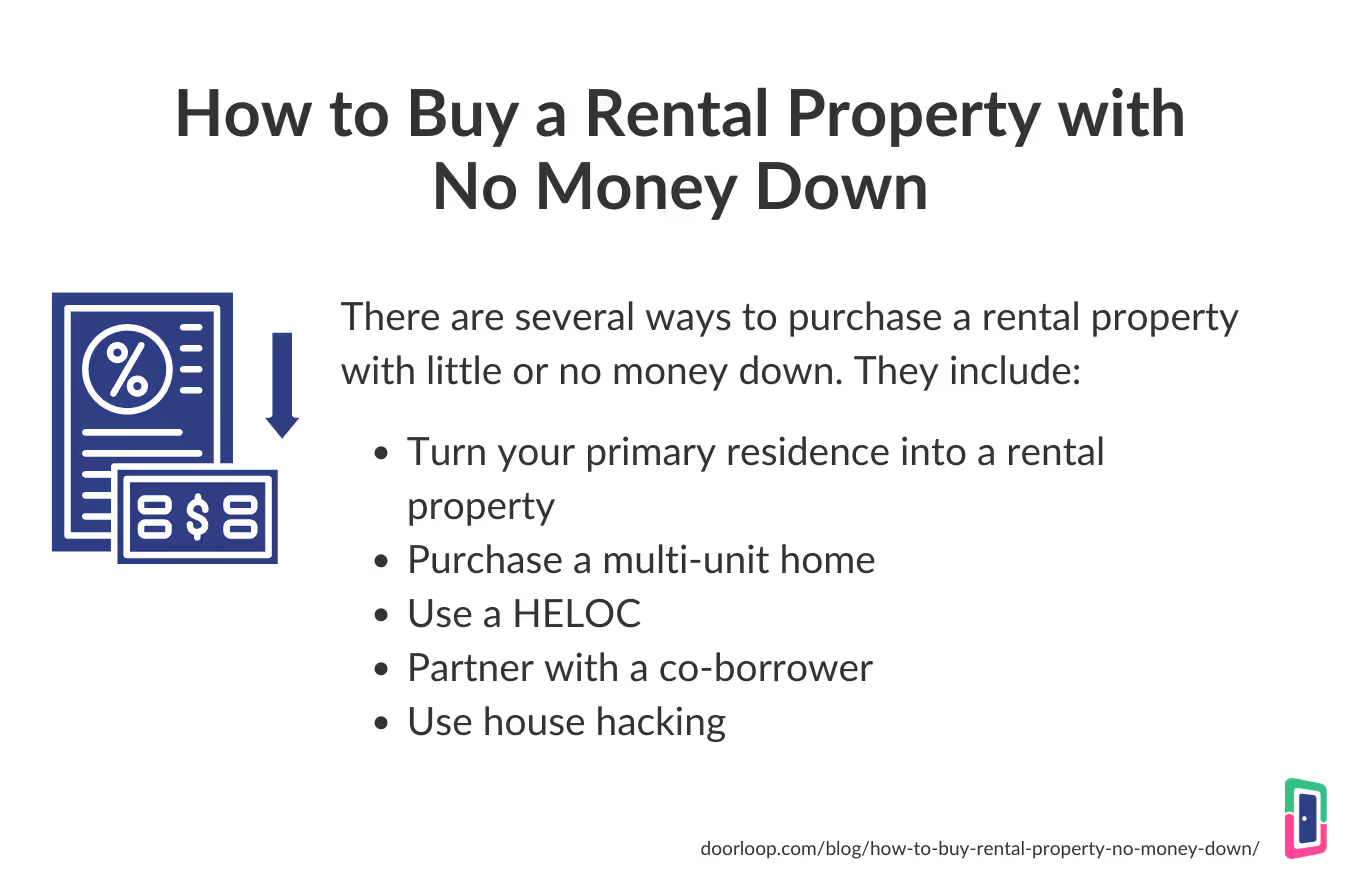Looking to get started in rental property investing?
The phrase, “there’s no better time than now” might be old and tired, but there truly isn’t a better way to describe the opportunity available to rental property investors today.
A perfect storm of rising home prices and multiple other factors have made it harder than ever to purchase a home.
As a result, many families have turned to renting long-term.
Pair that with rising rent across the country and you’re looking at one of few investments that are likely to be both a short-term and long-term win despite the tumultuous economy.
So then, how do you get started?
What would you be doing as a rental property investor?
And what are some important tips to know before jumping in?
We’ll talk about all of that and more below.
What is rental property investing?
First, let’s talk about what is involved in rental property investing.
In other words, take a second to imagine that you’ve decided to purchase your first rental property and are ready to start the process.
Here’s what to expect:

1. Reviewing and managing your finances
Investing in real estate takes large sums of funds, and there are recurring costs you may not have considered such as property maintenance.
It’s important before jumping in and making a purchase that you’ve put yourself in a good position financially to invest in a rental property.
Where should you start? Clearing away high-interest debt.
If you have any high-interest debt, you’re literally siphoning your funds away to a company without receiving anything in return.
So, you may want to take care of any interest-bearing debt first before purchasing any real estate.
2. Strategizing and planning
As an investor, there are all kinds of things you need to consider.
This boils down to a lot of strategizing and planning to give yourself the greatest likelihood of success.
For example: how are you going to invest (i.e. passive or active investing)?
Which method works best for you and why should you pick one over another?
To learn more about this, check out our guide on Active vs. Passive Real Estate Investing.
Other things to think about include:
- Where will you purchase your property?
- Will you self manage or hire a property manager?
- What tools can and will you use to make the process of managing your investment easier, like property management software?
3. Putting together a team
It’s impossible to handle the entire process of purchasing a property without working together with other real estate professionals.
The sooner you can find a few people you can count on, the better.
This includes:
- Real estate agent(s)
- Investment manager
- Property manager
- And analysts
Who you’ll look for will be based mostly on where you lack expertise, so be sure to have someone that can help you with anything you’re not an expert in.
4. Analyzing and closing deals
This is the bulk of the process of finding which property to invest in.
You’ll need to learn how to analyze every aspect of a deal so that you can choose a property that is well-suited to your investing goals.
This can include:
- Asking price on a property
- Other financial numbers related to the purchase
- Location
- Local data (average rent, vacancy rates, etc.)
It can help to consult your network and team of professionals here for any information they might be able to give you.
For example, a local real estate agent should have information about the surrounding neighborhood that will be useful in helping you decide if an area is worth investing in.
Pros and Cons
Now that we’ve peeled back the curtain a bit on what it will be like to be a real estate investor, let’s talk about some of the pros and cons.
While you may already be convinced, it can still be useful to bust out the ol’ T-chart and compare the pros and cons to make sure you’re aware of them.
You may not care about the cons much or even see them as much in the way of negatives (the cost of doing business– the risks– as is often the case).
Regardless, both the pros and cons are important to know before jumping in.
Here are some of the pros and cons of investing in rental properties:
Pro: Passive rental income
The benefit that attracts most to rental property investing, by owning a rental you have the potential to bring in massive amounts of passive income depending on how many properties you own.
Pro: Tax benefits
There are potentially significant tax benefits with investing in real estate, such as:
- Your typical business operation deductions
- Deducting the depreciation of your properties, and
- Avoiding capital gains tax by using 1031 exchanges
Pro: Reliable method for early retirement
Investing in rental property is one of the few legitimate investing methods that allows you to reliably retire early.
You may or may not choose to manage some or all of your own properties, but besides the work of managing your own properties you could retire early, living solely off of the profit from your rental properties.
Con: High cost of entry
Getting into real estate investing requires funds or a way of securing them.
If you don’t have either of those things, you’ll need to get one at least as there really isn’t any other form of entry.
Con: Purchasing and managing properties can be very hard
Let’s not beat around the bush: purchasing properties can be stressful and managing them is hard work.
The upside is big, but if you go into the process thinking it’s going to be easy, you might find yourself caught off guard and questioning your decision.
Con: The inherent risks of investing
All forms of investing come with risk, and investing in real estate– and specifically rental property– are no different.
When purchasing a property, you’ll need to analyze several factors to find a property you think will be a good investment and will bring in a regular flow of tenants that will pay high rent consistently with a high live-in rate.
But there’s no way to know for certain.
Fortunately, if you end up not happy about the market your property is in, you do have options, such as using your current property to purchase a new one and avoiding capital gains with a 1031 exchange.
However, that requires resources which you may not have at the time.
How to buy your first rental property
If you’ve gotten this far, chances are you’re convinced and you want to get started.
So, let’s talk about how to do that.
There are a number of things to consider and steps to take when purchasing your first rental property.
They are:

- Learn what it’s like being a landlord
- Decide on a location
- Decide whether to buy or finance
- Secure a down payment
- Get pre-approved for a rental mortgage
- Calculate expenses and fees in advance so you’re prepared for the unexpected
- And make sure learn about your state and local laws regarding owning property and landlord/tenant rights
This might seem like a lot, but this list is designed to do more than just help you buy a property.
It’s designed to help you get prepared to own and manage a property so that you can put yourself in a position for success and avoid unexpected setbacks.
Also, if you’re not in a position to secure a down payment now, there are other ways to purchase a rental property with little or no money down.
Such as:

To learn more about how to buy your first rental property, check out our full guides on the topic here:
- How to Buy a Rental Property: Step-by-Step Guide
- How to Buy Rental Property with No Money: Step-by-Step Guide
Additional resources:
Ready for more?
DoorLoop has a massive treasure trove of free resources for investors and landlords looking to maximize their rental game.
Here are a few examples:
- Active vs. Passive Real Estate Investing: A Complete Guide
- Real Estate Investing: 15 Key Questions For Investors To Ask
- Real Estate Investing: The Pros And Cons Investors Should Know
































.svg)
.svg)

